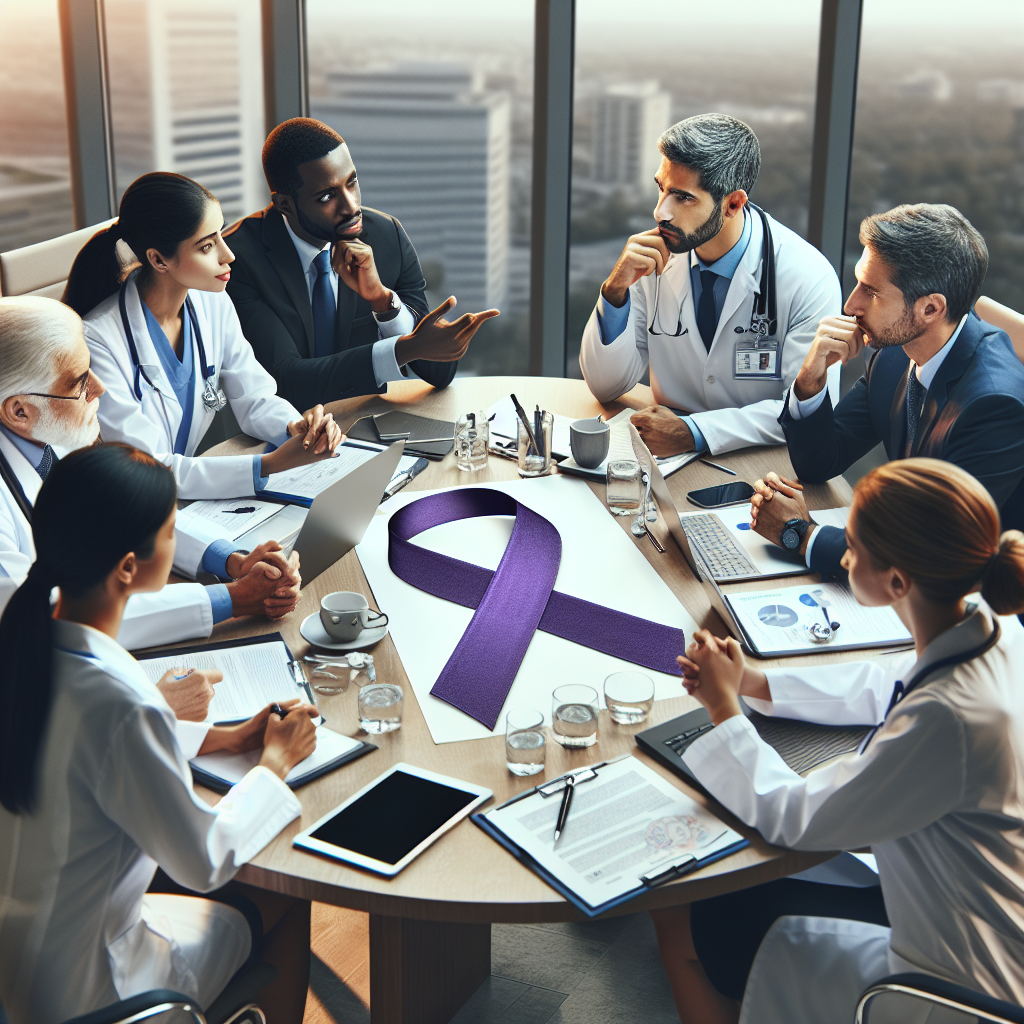Discover the World Pancreatic Cancer Coalition: Uniting for Hope and Awareness

When faced with a challenging and often elusive diagnosis, particularly with a rare and aggressive illness like pancreatic cancer, finding reliable information and support can feel daunting. This is where the World Pancreatic Cancer Coalition (WPCC) plays a pivotal role. Established in 2016, WPCC unites over 95 member organizations from 35 countries to enhance awareness and propel research efforts.
A Unified Global Effort
Julie Fleshman, the President and CEO of the Pancreatic Cancer Action Network (PanCAN) and Chair of the WPCC Steering Committee, emphasizes the importance of collaboration: “Numerous organizations worldwide focus on pancreatic cancer. Our mission is to enhance visibility across different communities, connecting patients, families, and potential fundraisers with local resources.”
Think of the WPCC’s network as a comprehensive guide within the pancreatic cancer landscape, where passionate advocates unite with a shared goal: to improve the lives of those affected by this disease.
Key Focus Areas for Member Organizations
The WPCC’s member organizations tackle various critical issues, aiming to boost awareness and improve treatment for pancreatic cancer. Their efforts include:
- Fundraising initiatives for pancreatic cancer research
- Enhancing patient outcomes and quality of life
- Raising awareness about symptoms and risk factors for earlier detection
- Advocacy efforts at local and national levels
Promoting Hope for Patients
In the U.S., pancreatic cancer ranks as the third deadliest cancer, with a disheartening five-year survival rate of only 10%. Thanks to the collaborative efforts of WPCC, organizations are joining forces to make a substantial impact on these alarming statistics.
“By exchanging best practices and leveraging our collective expertise, we amplify our impact and that of individual organizations,” Fleshman notes. A significant initiative for the WPCC is the annual World Pancreatic Cancer Day (WPCD), celebrated on November 19. This day aims to raise awareness about the disease, focusing on its symptoms and risk factors to encourage early detection and save lives.
The 2020 theme, “It’s About Time,” resonated with many. WPCC members collectively promoted awareness on social media and organized local events, such as illuminating landmarks in purple, the official color of pancreatic cancer advocacy.
Resources and Collaboration
Each member organization benefits from a wealth of universal tools and resources for WPCD and throughout the year. This collaboration ensures that the public receives consistent information and messaging about pancreatic cancer while fostering a platform for member organizations to share insights and resources.
Connect with the Coalition
Despite the challenges posed by recent years, the WPCC has successfully transitioned to virtual platforms for its initiatives, guided by a dedicated steering committee. Key figures include Barbara Kenner from the Kenner Family Research Fund, Cindy Gavin from Let’s Win! Pancreatic Cancer, and other influential leaders from various countries.
The WPCC is continually expanding, inviting any non-profit patient advocacy organization that provides services or information to those affected by pancreatic cancer to join its ranks.
Fleshman highlights the benefits of collaboration, stating, “We’ve witnessed partnerships emerge between organizations within the same country, fostering connections that didn’t exist prior to the Coalition.” This progress reinforces the WPCC’s mission. “Smaller organizations can gain invaluable insights from their larger counterparts, enhancing their effectiveness,” she adds.
Through shared knowledge and resources, the WPCC exemplifies how collaboration can significantly advance the landscape of pancreatic cancer research, treatment, and awareness. “It’s about raising awareness, exchanging resources, and learning from one another,” Fleshman concludes, emphasizing the importance of unity in combating this formidable disease.






